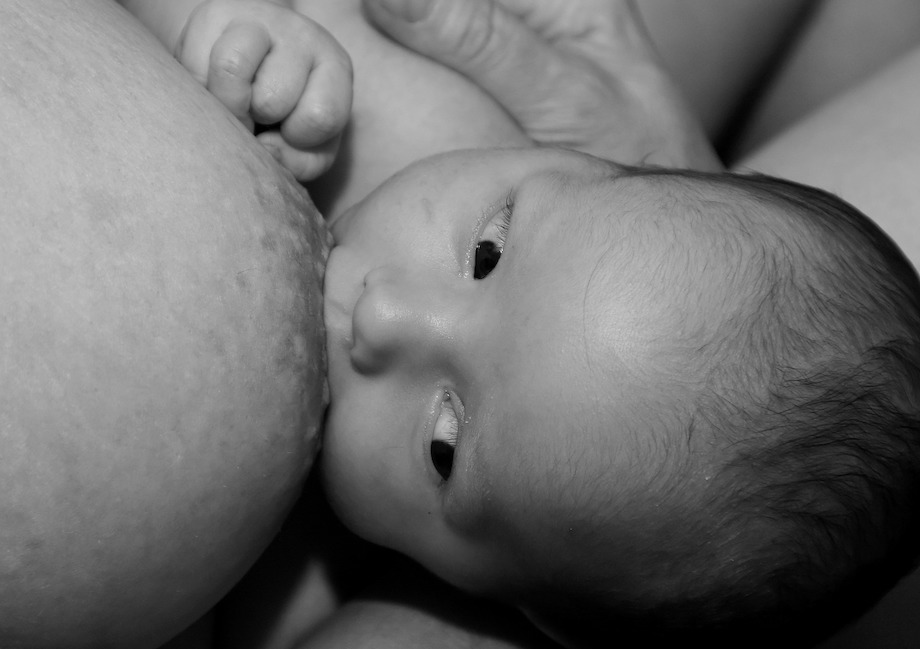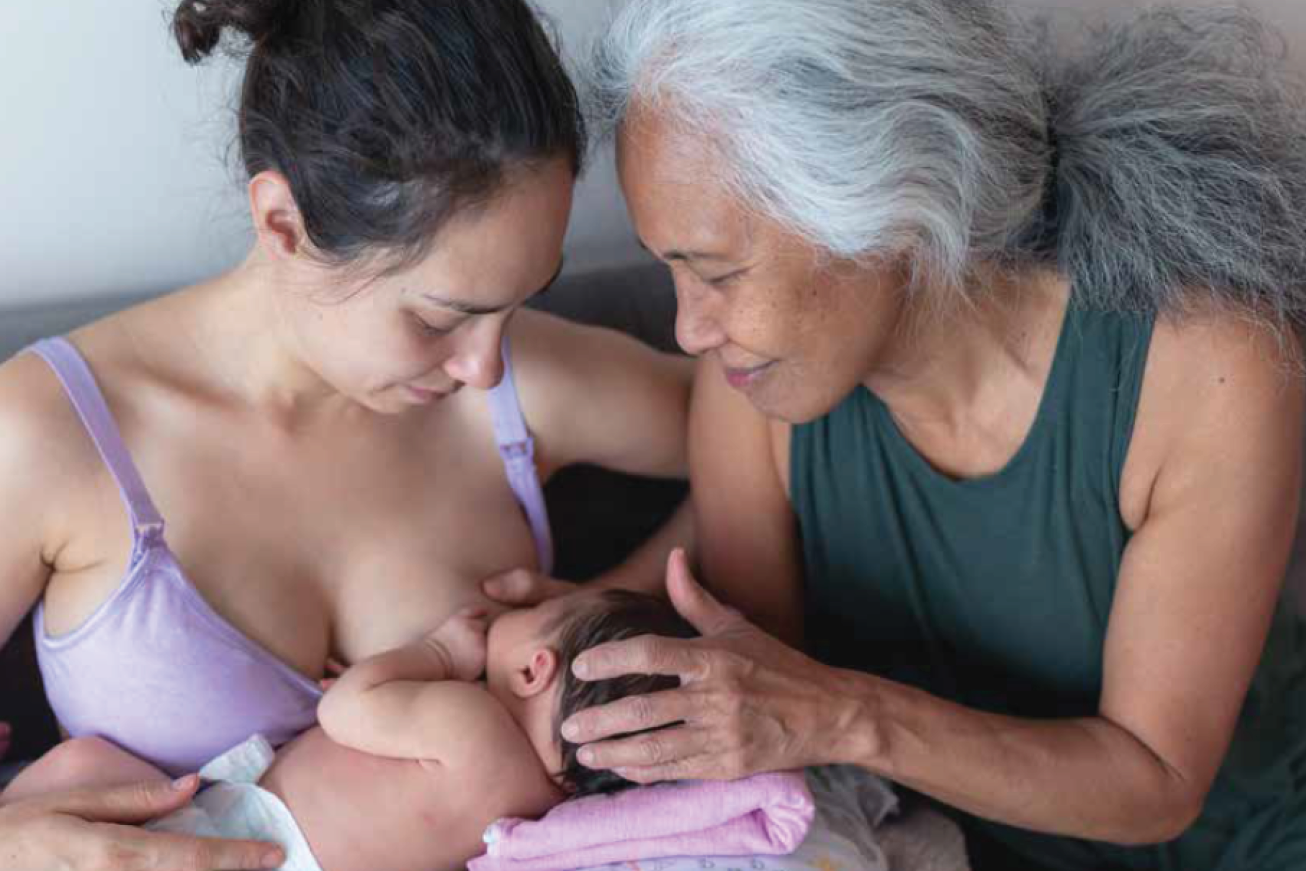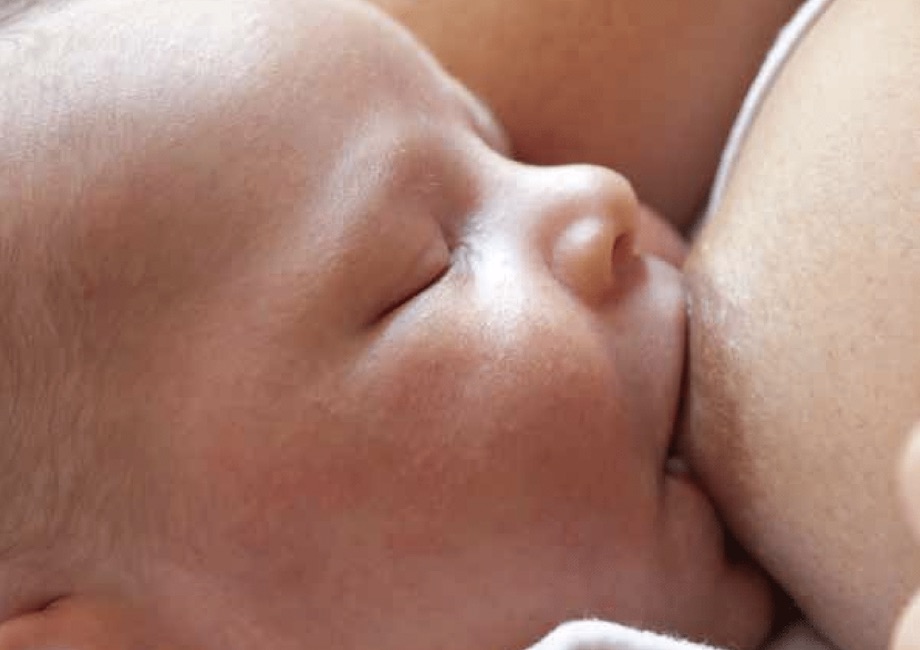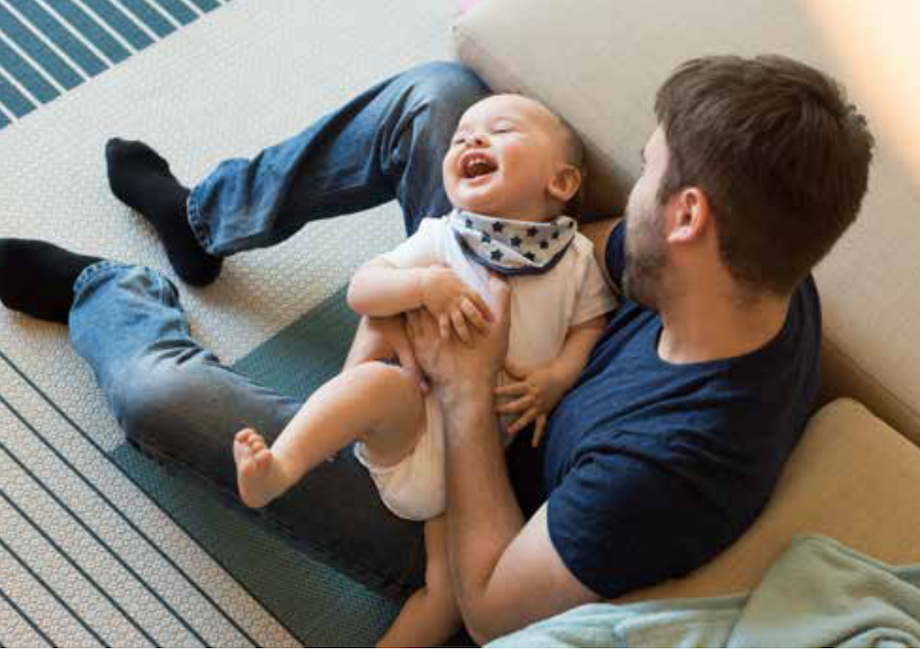
Breastfeeding in public
It seems that there is widespread support in New Zealand for breast-feeding in public. A study out of the University of Auckland published at the end of last year found that most Kiwis – an impressive 75 per cent in fact – were positive on the topic.
Using the nationwide New Zealand Attitudes and Values Study, a team of researchers led by Yanshu Huang found only a small minority – 5 per cent – opposed breastfeeding in public, with men more likely to be opposed.
“There hasn’t been much research conducted in New Zealand until now when it comes to people’s attitudes to public breastfeeding,” says Yanshu. “It’s quite important to know how the public view breastfeeding in general.”
In New Zealand, about three-quarters of newborns are breastfed from birth, however, that figure drops below 60 per cent by three months of age.
This, coupled with an existing lack of data, inspired the research team to find out whether social attitudes played a role in creating a barrier to breastfeeding in public.
While this was the first time such a large number of Kiwis had been surveyed on the topic – 19,000 in total – Yanshu said there had been previous studies focused on the experiences of Kiwi women. “In the past, there have been studies that have looked at mothers’ experiences in terms of breastfeeding in public.
These papers have suggested that women experience embarrassment with public breastfeeding. I think we need more research in terms of women’s actual experiences of breastfeeding in public.
“Study participants were asked whether they agreed or disagreed with the statement ‘women should avoid breastfeeding in public’ using a scale of one to seven.”
Our results were comparable to similar Western nations in terms of support for breastfeeding in public,” Yanshu said.
Along with her research team, she recommended that future public health initiatives continued to work towards fostering support for women who choose to breastfeed in public.
Understanding your rights as a breastfeeding mother
Breastfeeding discrimination is illegal in New Zealand
If you are treated unfairly because you are breastfeeding or expressing breast milk, it is a form of sex discrimination under the Human Rights Act. The Act says it is illegal for someone to stop you breastfeeding at work, where you are studying, on public transport, in government departments, in public places, and in restaurants and shops. The Human Rights Act lists all the areas of public life where your right to breastfeed and express milk is protected.
Stopping a woman from breastfeeding at work is against the law
You have the right to breastfeed your child or express breast milk at work. Your employer and you should find ways you can do your job and have regular breaks to express milk or breastfeed. While there is no specific New Zealand law that says your employer has to pay for breastfeeding breaks, international labour standards say breastfeeding breaks at work should be paid.
What you can do if you have been discriminated against
- Write down the time, place, and the name of the person who discriminated against you because you were breastfeeding or expressing milk
- Talk it over with someone you trust, to help you decide what you want to do
- Explain that it is your right to breastfeed your child and to express breast milk
- If it happened at work, discuss the problem with your manager, a human resources person, your union delegate or someone else who can help solve the problem. Suggest ways that your employer can support you to do your job while you are breastfeeding
- Read the Department of Labour’s guidelines for employers
- Contact the Human Rights Commission to get more information about your rights and to make a complaint about discrimination.
If you decide to lay a complaint
If you decide to make a complaint of discrimination with the Human Rights Commission, you will be offered free help which may include:
- Advice on how to resolve the situation yourself
- Information about your rights
- Informal intervention Mediation – this may involve letters, phone calls, or meetings.
This support may help to solve the problem. For example, the person who discriminated against you may agree to:
- Apologise
- Not discriminate against people because of breastfeeding in the future
- Complete a training or education programme
- Compensate you for hurt feelings and/or losses
- Provide a reference
- Develop, or review, workplace policy and practice to support breastfeeding at work.
Find out more
Human Rights Commission
0800 4 YOUR RIGHTS (0800 496 877)
Infoline@hrc.co.nz
www.hrc.co.nz
Department of Labour
0800 800 863
www.ers.dol.govt.nz






